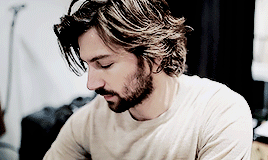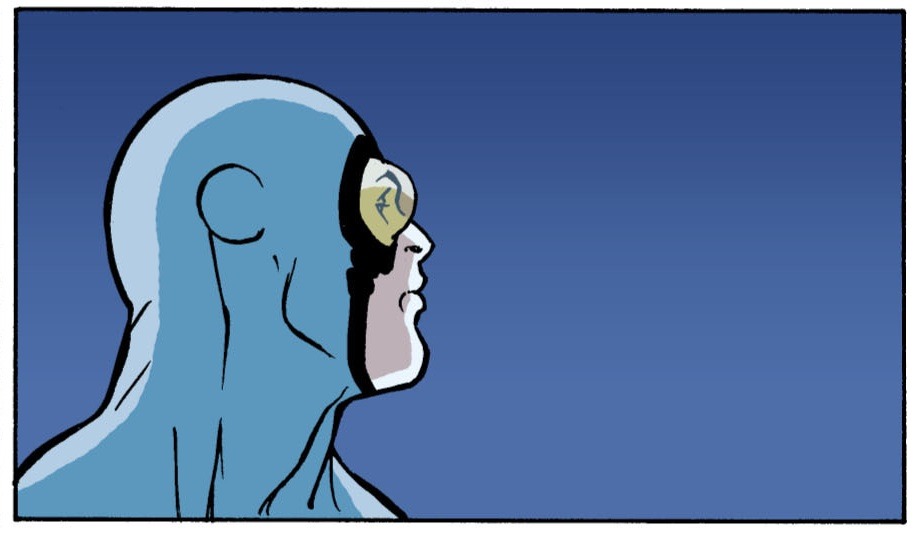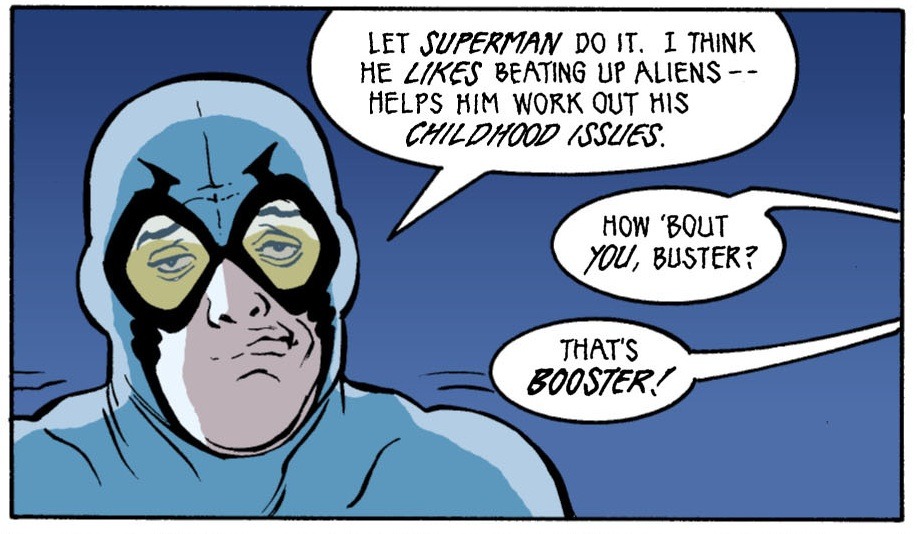What did a history teacher have to do with a budding electronics engineer? Nothing--truly nothing, and the people who looked at Margaret Bleu and Jimmy Cordon as they sat on the front steps of the freshman dorms at Northwestern mid- January, arguing about Russian literature of all things--they probably thought that this would be as far as they would get, this would be the end--but they would be wrong. Margaret married Jimmy, and it was a happy marriage, the kind Nicholas Sparks wrote disgusting, tear-jerking novels about, but that was putting the cart before the horse, really. Before there was tragedy, there was happiness--a lot of happiness. They settled in Chicago, and they were successful, Margaret became Mrs. Cordon, the patron saint of world history in the Chicago public high school system, and Jimmy went to work at Zenith Electronics. It wasn't his dream job, it didn't capture everything that Jimmy wanted to do and soon enough he found himself making his own designs, making his own products--and before the year was out, he found himself founding the fledgling Cordon Electronics Company.
Things weren't easy, they weren't close to simple--funding a start-up on a teachers' salary was challenging to the point of near-ruin, and when Margaret first found out she was pregnant she burst into tears. Jimmy, on the other hand, was excited, and the impending birth of James Cordon III gave him a kind of drive he hadn't tapped into previously. There was a night in June when Jimmy brought a 8-and-three-weeks pregnant Marge out to the garage of the one-bedroom home in the ‘burbs across the Indiana state line that they could barely afford to look at--a pile of scrap metal (or at least that was how she described it, in truth it was a simple but elegant invention, an improvement on new Japanese CD Rom disc storage technology that would allow corporations to store terabytes of data), and that one invention would be enough to launch Cordon Electronics--not into superstardom or anything, but it was enough money, it was comfortable money. Jimmy was ecstatic. And as for Margaret? Her water broke.
Four years and a few design revisions later, the couple welcomed their second child. Edward Andrew Cordon was an energetic whirlwind of a kid--he was precocious enough to wear Margaret to threads, but it was okay, she could weather the peaks and valleys of his enthusiasm by redirecting his attention back towards his studies. It probably shouldn't have been a surprise that he took to it a little hard--and if he emerged a slightly chunkier, chubbier first-grader than she would have liked, well then she redirected him again into gymnastics classes and peewee hockey. His brother's teasing be damned, he showed him when he sloughed off that baby weight and attacked junior high school and high school with the kind of unwavering energy that he had reserved for the family before. He was on the school pep squad, the track and field team, and the hockey team, as well as in the math club and the science club--he was bursting with extracurriculars and academics and--and he almost didn't notice when his mom started to slow down, almost missed when her smile turned wane, he almost didn't have enough time to leave a warning 'I think something's wrong' voice mail to Jimmy Jr. at college when--it happened. His mom went to a routine doctor's visit and came home with breast cancer--and okay, he knows that wasn't really how it happened, but that was how it felt, like his family suddenly screeched to a halt. She wasn't okay, and it wasn't expected, and the word tragedy got kicked around a lot--and maybe it wasn't the right thing for Ed to think and maybe it wasn't the right way to handle it, but he couldn't cope with a landscape of unending sadness so he tackled it the only way he knew how: irreverently, with humor and hope.
Then, he went to college. It was Harvard, on a complicated combination of scholarships and dad's money and student debt that he is still a little flummoxed by, but he liked it there. He didn't tackle as much at college as he had in high school--for various reasons, but he was on the hockey team and they weren't half bad, and he met his own favorite person to argue with as well as his new favorite person in the world, and things were kind of supremely okay. He studied computer science and engineering on a double major that should have been highlighted and underlined on his transcript with the words 'totally freaking nuts' written beside it, but he was really happy--and it didn't necessarily feel like he should have been happy, but that kind of guilt was unproductive.
He had always thought that his brother would grow up and take over the family business. In the wake of their mothers' death, Jimmy Jr decided to become an oncologist instead--a choice which shocked their father and splintered the relationship between the two for a short time (it didn't last--Ed wouldn't let it last beyond a couple months, after all they had to be there for the holidays)--but it opened up opportunity. Not that Ed exactly pounced on it--but it was in the back of his mind now that he could, that it was possible. When Ed's uncle attempted a corporate takeover of his brother's now multi-national conglomerate, Ed stepped in for his flagging father, cementing a position for himself as the CEO of the newly restructured CE. It wasn't a seamless transition. Ed refocused the company from a storage solutions giant to a sustainability focused business collective--he built upon their cloud based computing and memory platform and expanded the business into the fields of solar and alternative power. When he moved the company to Boston (partly because Boston is an underrated tech giant, and mostly to be close to his best friend for life), he refurbished a building in Back Bay and turned it into a net zero carbon neutral space. He also took steps to build a completely, tirelessly sustainable data center, which now houses the company's computing and storage. The company became a subsidiary of Wallach Industries in late 2011 after experiencing some financial setbacks--but Ed still remains the acting leader, and the company has retained most of its independence (just now, Ed gets to have quarterly meetings with his boss to try to convince the man that it would be a great idea to make all of the W hotels into green hotels). He also occasionally gives TED talks and tries to talk everyone in his life into doing the same thing--because why not? He gives them because they're fun and he can be funny--and because sometimes laughter is the only medicine in the world.



